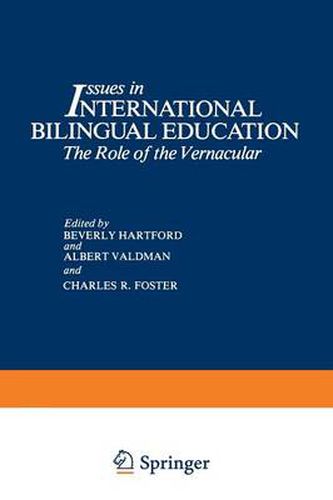Readings Newsletter
Become a Readings Member to make your shopping experience even easier.
Sign in or sign up for free!
You’re not far away from qualifying for FREE standard shipping within Australia
You’ve qualified for FREE standard shipping within Australia
The cart is loading…






This title is printed to order. This book may have been self-published. If so, we cannot guarantee the quality of the content. In the main most books will have gone through the editing process however some may not. We therefore suggest that you be aware of this before ordering this book. If in doubt check either the author or publisher’s details as we are unable to accept any returns unless they are faulty. Please contact us if you have any questions.
CHRISTINA BRAIT PAULSTON There is an important difference between merely experimental and genuine experiment. The one may be a feeling for novelty, the other is rationally based on experience seeking a better way. - Frank Lloyd Wright Wright was talking about architecture, but the same difference can be applied to analyzing the relationship between standard and vernacular languages in bilingual education; surely we are also seeking a better way to handle bilingual education based on experience. How rationally based our efforts are, is another question. Works on this and similar topics can at times become the scene for very emotional-and very moving-presentations which sometimes are more utopian than rational. One can perhaps call this a very ‘rational’ text, because so few of the contributors are members of ethnic subordinate groups. Am I suggesting that minority group members are less rational? Of course not. I am suggesting that it is much easier to be calm, objective and scholarly about the lot of others than about your own. The most salient feature about the bilingual education of vernacular speaking groups is the social and economic exploitation of its members by the dominant group. The papers herein, treating bilingual education from a psychological perspective, agree at least on the issue that an understanding of the social and economic factors underlying bilingual education is crucial for understanding the psychological studies on bilingualism.
$9.00 standard shipping within Australia
FREE standard shipping within Australia for orders over $100.00
Express & International shipping calculated at checkout
Stock availability can be subject to change without notice. We recommend calling the shop or contacting our online team to check availability of low stock items. Please see our Shopping Online page for more details.
This title is printed to order. This book may have been self-published. If so, we cannot guarantee the quality of the content. In the main most books will have gone through the editing process however some may not. We therefore suggest that you be aware of this before ordering this book. If in doubt check either the author or publisher’s details as we are unable to accept any returns unless they are faulty. Please contact us if you have any questions.
CHRISTINA BRAIT PAULSTON There is an important difference between merely experimental and genuine experiment. The one may be a feeling for novelty, the other is rationally based on experience seeking a better way. - Frank Lloyd Wright Wright was talking about architecture, but the same difference can be applied to analyzing the relationship between standard and vernacular languages in bilingual education; surely we are also seeking a better way to handle bilingual education based on experience. How rationally based our efforts are, is another question. Works on this and similar topics can at times become the scene for very emotional-and very moving-presentations which sometimes are more utopian than rational. One can perhaps call this a very ‘rational’ text, because so few of the contributors are members of ethnic subordinate groups. Am I suggesting that minority group members are less rational? Of course not. I am suggesting that it is much easier to be calm, objective and scholarly about the lot of others than about your own. The most salient feature about the bilingual education of vernacular speaking groups is the social and economic exploitation of its members by the dominant group. The papers herein, treating bilingual education from a psychological perspective, agree at least on the issue that an understanding of the social and economic factors underlying bilingual education is crucial for understanding the psychological studies on bilingualism.